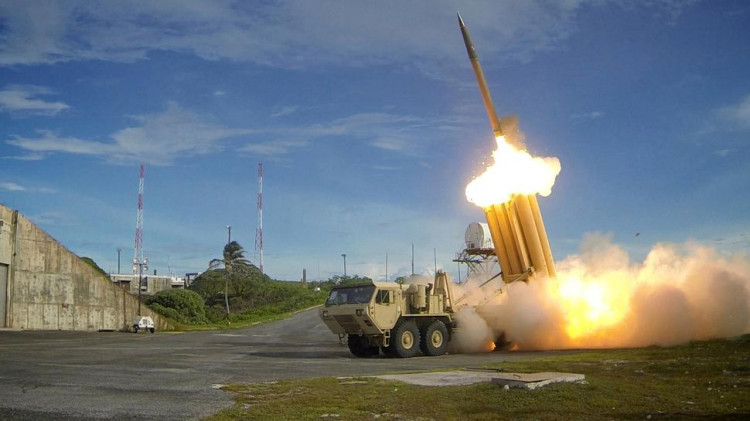Ukraine launched a second day of heavy drone attacks on Russian oil refineries Wednesday, causing a fire at Rosneft's largest refinery and forcing the shutdown of production at another facility. The attacks, which President Vladimir Putin claimed were an attempt to disrupt Russia's upcoming presidential election, led to a 2% rise in oil prices amid concerns about supply disruptions.
According to Russian officials, Ukrainian drones hit refineries in the Rostov and Ryazan regions, just a day after seriously damaging Lukoil's NORSI refinery in Nizhny Novgorod. In Ryazan, 180 km (110 miles) from Moscow, a drone attack caused a fire at Rosneft's refinery, Russia's seventh-largest, and forced the shutdown of two primary oil refining units, according to two sources familiar with the situation. Governor Pavel Malkov initially reported injuries but later stated that the fire had been extinguished.
In Rostov, the Novoshakhtinsk refinery was forced to halt production due to the drone attack, but operations later resumed, according to regional governor Vasily Golubev and two sources who spoke to Reuters.
A Ukrainian source told Reuters that the drone attacks were conducted by Ukraine's SBU security service as part of a "detailed, calculated strategy to reduce Russia's economic potential." The source added that Ukrainian defense forces also conducted overnight drone attacks on a Russian airbase in Buturlinovka and a military airfield in the Voronezh region.
Putin, in an interview with Russia's RIA state news agency and Rossiya-1 state television, accused Kyiv of attempting to interfere with the March 15-17 presidential election through its attacks. "The main goal, I have no doubt about it, is to - if not to disrupt the presidential elections in Russia - then at least somehow interfere with the normal process of expressing the will of citizens," Putin said. The Russian president, who launched a full-scale invasion of Ukraine two years ago, is nearly certain to win the vote.
The drone strikes on oil refineries, a key source of Russia's income, have the potential to reduce the country's output of gasoline and diesel and push up prices. The Ryazan refinery accounts for about 6.4% of Russia's gasoline production, 4.1% of diesel, 7.7% of fuel oil, and 8% of aviation fuel, according to industry sources.
Russian media reported that around 60 drones had been destroyed over Russian sovereign territory over several hours on Wednesday. The Russian Ministry of Defense claimed that at least 58 drones were shot down by air defenses overnight and into Wednesday morning, targeting locations in Belgorod, Bryansk, Voronezh, Kursk, Ryazan, and the Leningrad region. This brings the total number of Ukrainian drones allegedly shot down by Russia to over 100 in the past two days.
In the same interview with state media, Putin reiterated Moscow's readiness to use nuclear weapons if necessary for state security. "I don't think [we're] rushing to it," he said, "but we are prepared for this."
The escalating drone attacks and the potential for further supply disruptions have heightened tensions between Russia and Ukraine, as the two countries continue their more than two-year-long war. Both sides have used drones to strike critical infrastructure, military installations, and troop concentrations, with Kyiv stepping up attacks on Russian refineries and energy facilities in recent months.
As the Russian presidential election approaches, the drone attacks have added a new dimension to the ongoing conflict, with Putin accusing Ukraine of attempting to interfere with the democratic process. The international community will be closely monitoring the situation, as the attacks on Russian oil refineries and the potential for further escalation threaten to destabilize the region further.






